Community Action for Cleaner Waters
This weeks interesting and informative article is written by Ellie Brown - Many thanks Ellie
There is a phrase that has stuck with me since I helped raise money for a lawyer who would fight against the illegal extraction of water in Andalusia, Spain.
Directly translated the phrase reads ‘Water is life.’ It struck me with its simplicity – without water life couldn’t exist. Recently I’ve learnt not all water is the same – the polluted waters and its consequences to life here in the U.K. have encouraged me to write this article so we can all feel empowered to take local actions to make it cleaner.
Whether it’s sitting next to a stream enjoying the wildlife, letting your dog stop for a drink direct from the river or benefitting from its supply at home (a huge 2/3rds of our water supply is from rivers), there are many ways people and other life benefits from healthy local waterways.
As a nation we feel deeply these places matter, highlighted by a YouGov report that found 88% of people when questioned declared freshwater habitats a ‘national treasure’. We know they are worth protecting, but are they actually being treated with care.
Enjoying the refreshing River Axe on a hot day
Sadly, a report released by The Rivers Trust (TRT) in 2021 brought to public awareness that in fact only 14% of our national rivers are now in a ‘good ecological state’. The threats to our local water sources are varied and widespread making it a complex issue to tackle. The main causes according to the TRT report are: plastic pollution (and other litter), agricultural run off (fertilisers, slurry, manure), sewage / storm overflows and chemicals from mining. To find out more about these causes visit The Wildlife Trust website where they condense some of TRT report, though next we will look closer to home.
Where I live in Wookey runs the River Axe. It derives its name from a Common Brittonic word meaning:‘abounding in fish’ and although you still see fish along the river, not perhaps in numbers earning it its name. In comparison to other rivers though it is by no means the worst off – the River Lim in Dorset has recently been declared ‘ecologically dead’.
According to Graham Roberts, a freshwater ecologist, this means there is little of the invertebrate life needed to sustain the larger wildlife and even if life does carry on, the impacts of the pollution in the river can cause major health issues.
The River Lim received 2,200 hours of raw sewage into its water in 2022 alone, increasing E-coli and other contaminants. This number may shock you, but after looking at TRT ‘Sewage Map’ you can see a big brown circle in west Wookey symbolising the 62 times or 1104.33 hours that Wookey Water Recycling Centre discharged sewage into the River Axe that year due to insufficient water-storage capacity. We’re looking at numbers half of that in the River Lim, but nonetheless the pollution would negatively affect the local ecosystem and has been smelt downstream of it.
Important: Do not enter water shortly after heavy rainfall, as this is the moment when the risks of heavily polluted waters are highest.
Same point of River Axe and after heavy rains. This point is just downstream of the Wookey waste water facility.
So, what can be done?
It’s a complex issue but spending time with your local water source will mean things like pollution can be better monitored and reported – the more people that do this, the more action can be taken to clean up our waterways.
Wessex water says to report pollution to the following number: 03456004600.
Signs of pollution include the following: wet wipes and toilet paper, human waste, noticeable sewage smells, dead or gasping fish, soap suds or foam and a cloudy / milky appearance with feathery ‘sewage fungus’ on the river bed.
Other activities that help keep our waterways cleaner include organising regular litter picks with people from your community – you can report fly tipping to the council while raising community-level awareness of the state of local rivers.
To expand the stretch of river covered maybe you could divide it between a group and even ask your local land owners if you can visit their stretch.
Those who love wildlife can monitor what also lives locally using apps like iNaturalist and showcase what deserves to live in healthy river habitats.
If you’re not as able to walk river stretches, write to your MP or join campaigns like Fighting Dirty to demand better regulation of things like disposal of sewage sludge.
Sewage sludge is neither good for our food or water that it can leach into, so supporting local organic growers such as Root Connections will ensure chemical input is minimised.
Lastly, look on websites like TRT or the Wildlife Trusts for loads of ideas of how they involve volunteers in the goal of creating cleaner waters for all.
To end, I want to quote TRT report which summarises how we can deal with complex problems involving water and that we must: “During the Great Stink of London in 1858, it wasn’t ‘practicable’ to dig up the capital and install a vast network of sewers, but it was necessary.
We need similar conviction and ambition now, if we are to fast-track nature’s recovery and safeguard our vital water supplies.”


